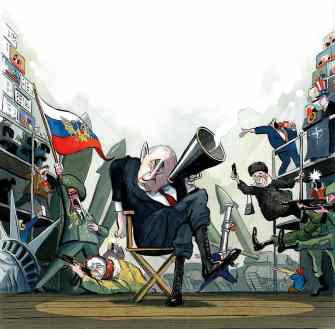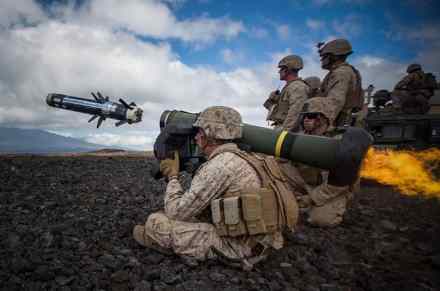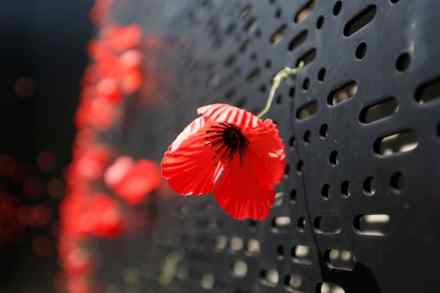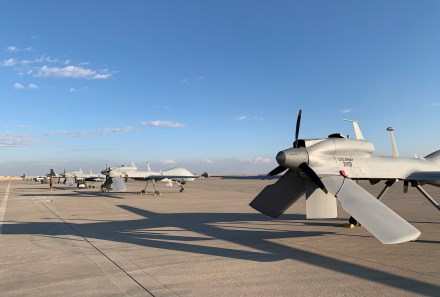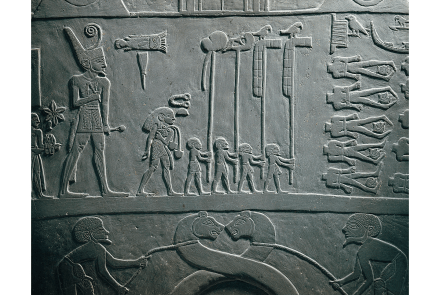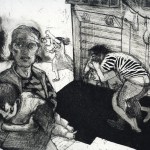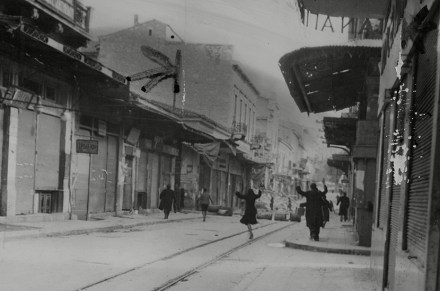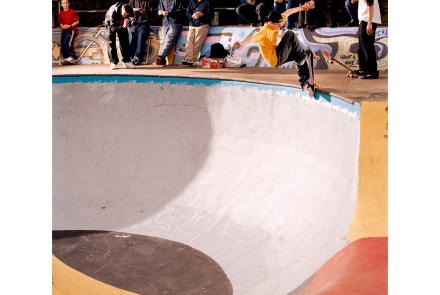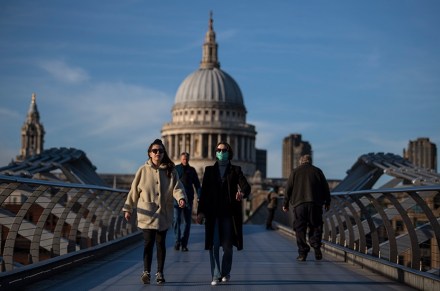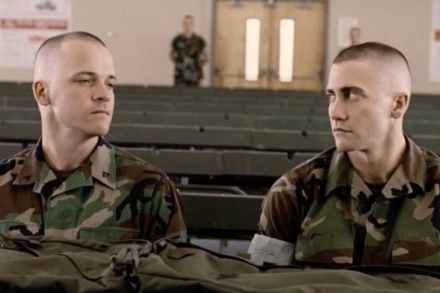How should cartoonists respond to war?
Laughter has always been a coping mechanism for dealing with war. Some of this country’s most memorable cartoons have been born out of conflict. Think of Gillray’s ‘Plumb-Pudding in Danger’, Bairnsfather’s ‘Well, if you knows of a better ’ole, go to it’ or Low’s ‘Very well, alone’ – they are the quintessential images that defined the Napoleonic, first and second world wars. War didn’t stop cartoonists in the thick of the action from making light of their circumstances. Bruce Bairnsfather, a young officer who began sending jokes to the Bystander in 1915, was invalided out of Belgium suffering from shell-shock, but continued to draw. His work was initially dubbed ‘vulgar





